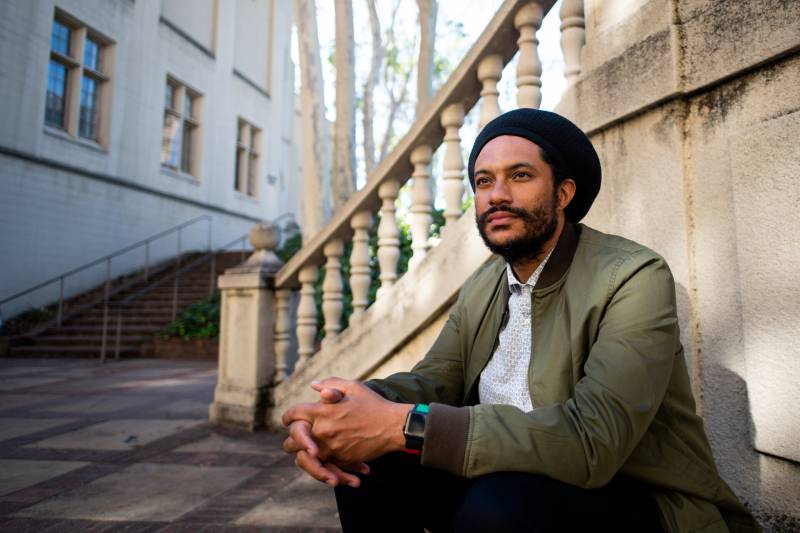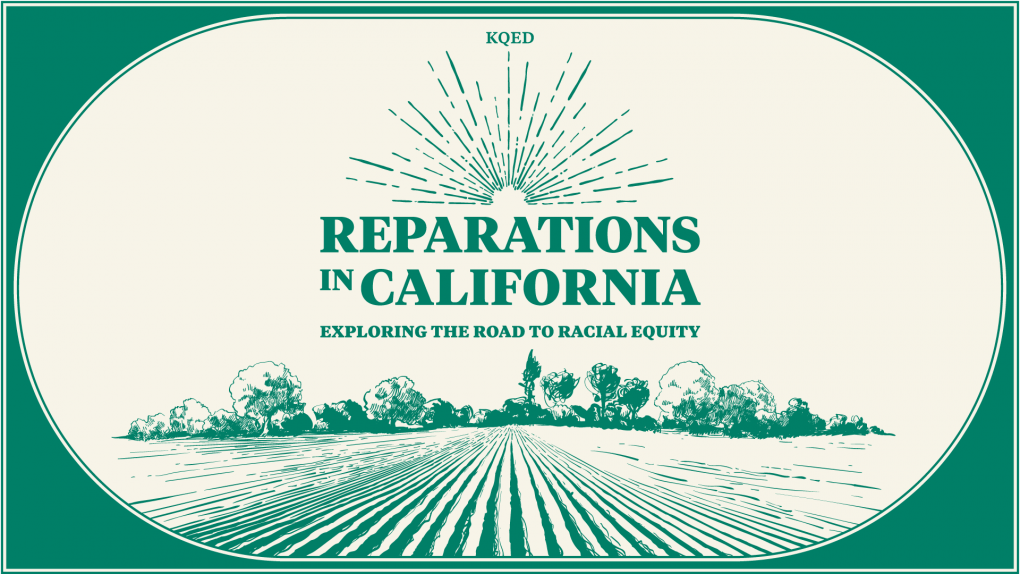Hollis Gentry, a genealogy specialist at the National Museum of African American History and Culture Library, said information is sometimes relatively quick to find, while other times it can take a very long time. Gentry began looking at her own family history in 1976 and is still uncovering connections today.
“The eligibility criteria is going to determine how you approach it,” she said. “If you’re looking at a solely lineage-based approach where they have to establish that they do, in fact, descend from someone who was enslaved, that’s going to require a lot of research.
“It’s not impossible.”
“From Here to Equality: Reparations for Black Americans in the Twenty-First Century,” a book by A. Kirsten Mullen and William A. Darity Jr., is frequently mentioned in task force meetings. The book suggests that requirements for reparations on the federal level include two aspects of eligibility: tracing an ancestor back to chattel slavery, and self-identifying as Black Negro or African American on the census for 10 to 12 years prior to the reparations program going into effect.
“Their two-pronged system is very simplistic, in my view,” said Khansa T. Jones-Muhammad, co-chair for the National Assembly of American Slavery Descendants. Instead, she would like to have a system that acknowledges the harms caused by certain laws.
“Were your ancestors subject to the three-fifths compromise at the United States Constitutional Convention of 1787?” Jones-Muhammad asked. “Were your ancestors subject to the Casual Killing Act or fugitive slave law? Were your ancestors subject to convict leasing and Jim Crow laws? Were they subject to the Great Migration?”
The National Assembly of American Slavery Descendants and the Coalition for a Just and Equitable California, two organizations Jones-Muhammad has worked with, helped Weber with the language in the bill.
In February the members seemed to agree there should be a special consideration for descendants of chattel slavery, as outlined in the bill, but appeared hesitant to make a definitive decision because of the potential impact on other reparations legislation, including HR 40, the federal reparations bill.
The debate has repeatedly circled back to who would be eligible to receive cash payments. It’s uncertain how much money would be needed for such an endeavor. The task force has hired a team of economists to make calculations.
Others have suggested different forms of compensation, such as tax breaks, grant aid and tuition waivers for students. Task force member Reggie Jones-Sawyer, a state Assemblymember, felt the committee should be having more expansive discussions.
“We’re talking about who’s getting the money,” he said. “We should be talking about how we’re going to take care of our people from this day forward. And how are we going to reverse all the harm? That should be the central question. We’re spending the money before we got it.”


